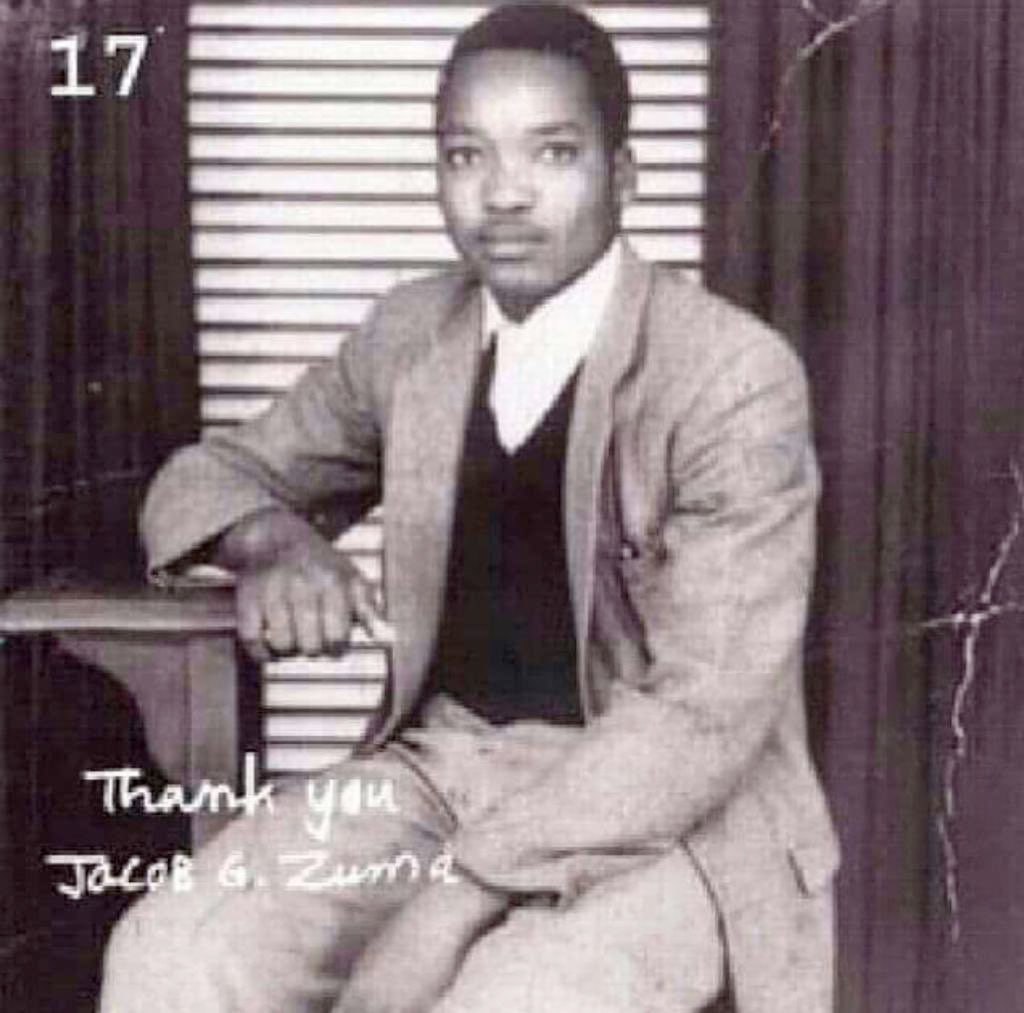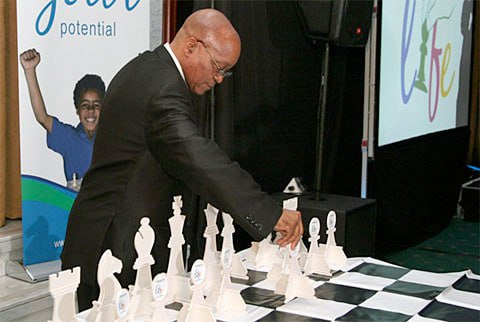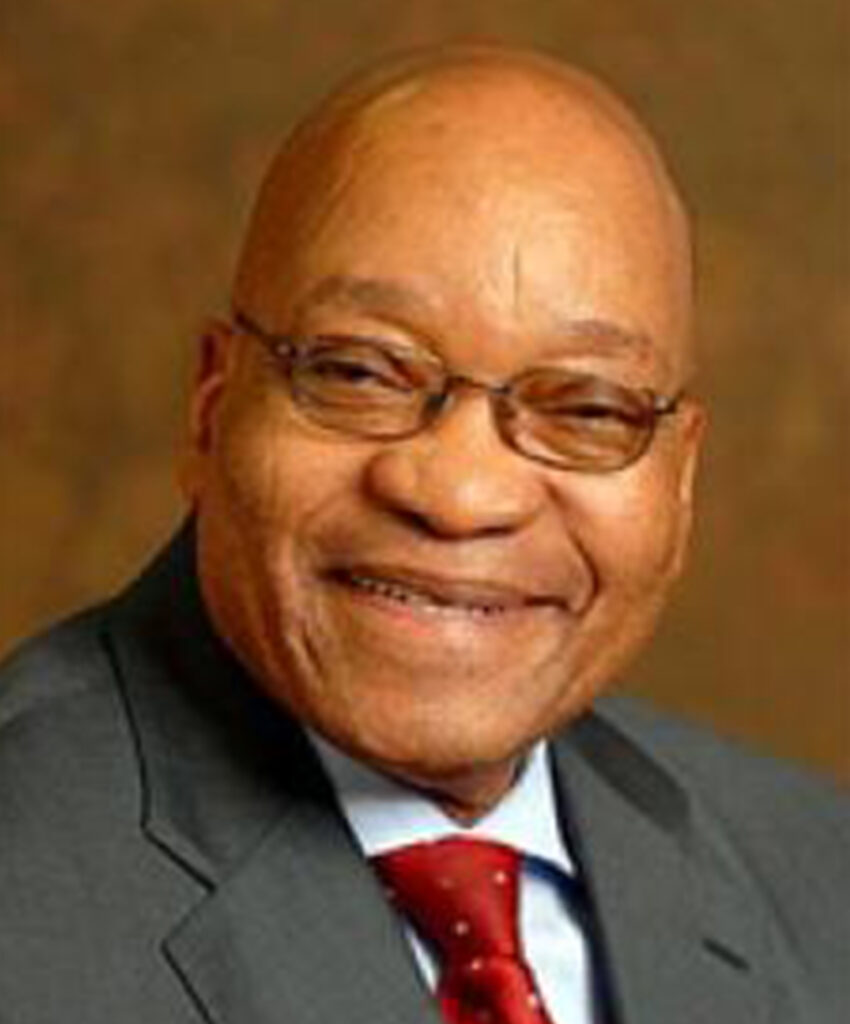History and background
Jacob Gedleyihlekisa Zuma, born on April 12, 1942, in KwaNxamalala, Nkandla, northern KwaZulu-Natal, was deeply influenced by his cousin Muntukabongwa Zuma, a WWII veteran and trade unionist. Engaging in ANC and SACTU in 1959, he actively participated in the Roaring Fifties’ anti-apartheid struggles. He recalls the era’s leaders like Walter Sisulu and Nelson Mandela and underwent political education under Moses Mabhida and Stephen Dlamini. Zuma joined Umkhonto Wesizwe and was imprisoned on Robben Island from 1963 to 1973, where he furthered his political and general education.


Post-release, he resumed anti-apartheid efforts, aiding ANC underground structures under Harry Gwala until 1975 when he left on leadership instructions after Gwala’s arrest. Zuma established The Jacob Zuma Reconstruction and Development Programme (RDP) Educational Trust and later The Jacob Zuma Foundation, dedicated to uplifting impoverished communities.
As Deputy President, Zuma mediated conflicts in the DRC and championed moral regeneration, rural development, and AIDS awareness. Elected ANC President in 2007, he led the party to victory in the 2009 elections. His presidency emphasized collaborative governance, resulting in the establishment of new government departments and ministries, including Performance Monitoring and Evaluation and the National Planning Commission.
Under Zuma’s leadership, the National Development Plan Vision 2030 was developed, focusing on long-term development goals. His administration prioritized economic development through the Presidential Infrastructure Coordinating Commission and successfully tackled HIV/AIDS, achieving milestones like halving mother-to-child transmission.


In summary, Jacob Zuma’s journey is one of unwavering commitment to freedom and development, marked by sacrifices, leadership roles, and significant contributions to South Africa’s socio-economic progress.
